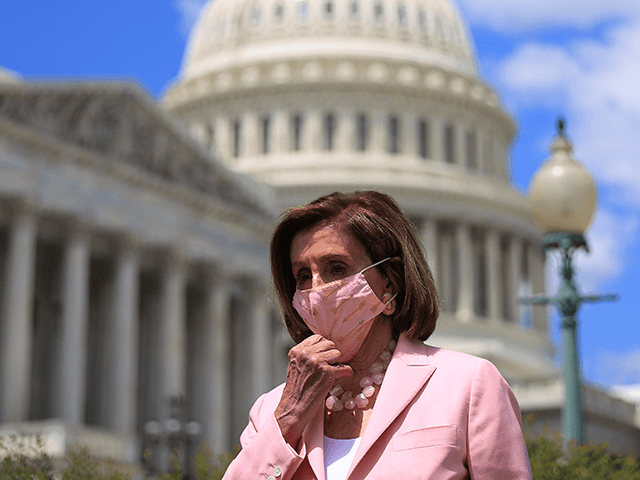Unless Congress raises or suspends the debt ceiling, the federal government will most likely run out of money in October or November, the Congressional Budget Office said Wednesday.
Congress suspended the debt ceiling, which limits the amount of outstanding federal borrowing to $22 trillion, in 2019. But that suspension runs out on August 1st of this year.
Since the suspension went into effect, the nation has added $6.5 trillion in debt, bringing the total amount to $28.5 trillion.
For a time, however, the Biden administration could be allowed to keep borrowing because the existing laws allow Treasury to declare a ‘debt issuance suspension period’ and to take ‘extraordinary measures’ to borrow additional funds for a period of time without breaching the debt ceiling.
In a note released Wednesday, the CBO said that this authority and the Treasury’s existing cash balance would last until sometime in the first fiscal quarter of next year, which begins on October 1. The CBO said it was likely that the Treasury would run out of options in October or November.
“If that occurred, the government would be unable to pay its obligations fully, and it would delay making payments for its activities, default on its debt obligations, or both,” the CBO said.
Senate Minority Leader Mitch McConnell (R-KY) said Tuesday that Republicans will not support raising the debt ceiling.
